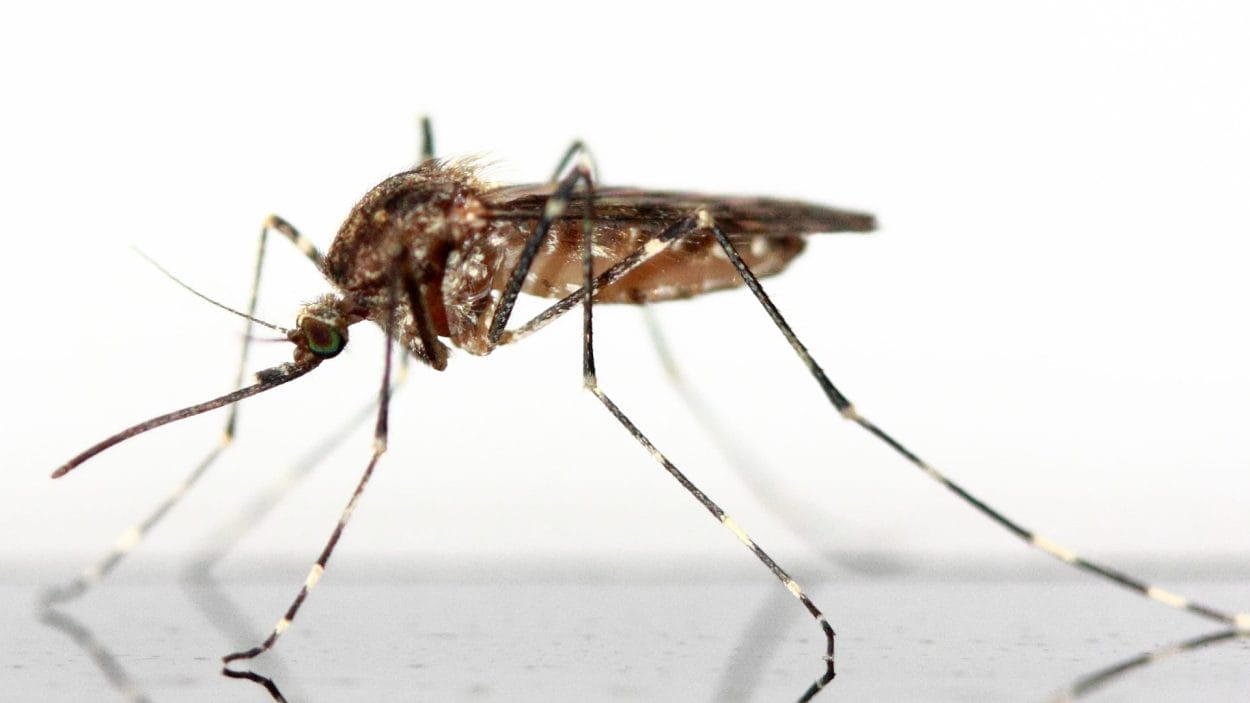 Summer’s here, bringing the dreaded rise of mosquitoes. These blood-sucking insects can ruin outdoor fun and spread harmful diseases like West Nile and Zika viruses. As homeowners, we often resort to chemical treatments, but is backyard mosquito control effective and safe for our family and pets? Let’s dive into our topic and explore the risks, benefits, and alternative mosquito control methods.
Summer’s here, bringing the dreaded rise of mosquitoes. These blood-sucking insects can ruin outdoor fun and spread harmful diseases like West Nile and Zika viruses. As homeowners, we often resort to chemical treatments, but is backyard mosquito control effective and safe for our family and pets? Let’s dive into our topic and explore the risks, benefits, and alternative mosquito control methods.
What Are the Negative Effects of Mosquito Spraying?
Mosquitoes are carriers of life-threatening diseases, that’s why communities use insecticide spraying for mosquito control, but it has unfavorable health and environmental effects.
Harmful Effects on Human Health
The use of chemicals in mosquito spraying, such as pyrethroids, can result in respiratory problems, skin irritation, and even cancer. Additionally, extensive insecticide use can contribute to mosquito resistance, which poses future challenges for control.
Adverse Impact on Agriculture
Most spray can harm plants and crops, reducing yields. Bees and butterflies are also affected, leading to a decline in their population. This can impact the ecosystem, as they playSpraying mosquito chemicals can harm plants, crops, bees, butterflies, and the ecosystem. Reduced yields, population decline, and disruption of critical functions like pollination are consequences.
Hazardous Effects on Water and Aquatic Species
Insecticides can pollute waterways, endangering aquatic life and posing health risks. These chemicals persist, harming fish and impacting fishing industries and livelihoods of dependent communities.
Negative impact on Non-Target Species
Insecticides used in mosquito spraying can harm non-target species, causing a decline in populations. These species, including birds, small mammals, and other insects, are vital for ecological balance. Their decline can result in ecological disasters.
Alternative Mosquito Control Methods
The negative effects of mosquito spraying have led communities to look for alternative mosquito control methods that mitigate the impact on the environment and human health.
Natural Mosquito Control Methods
To prevent mosquitoes from breeding in your yard, remove standing water (flower pots, gutters, bird baths) where larvae thrive. Plant lavender, citronella, or basil as natural repellents, or use essential oils/candles made from these plants. Install eco-friendly mosquito traps with UV light and carbon dioxide. Use mosquito nets and screens to keep them out of your home.
Mosquito Repellents
To boost your defense against mosquitoes, give natural repellents a shot! Look for DEET-free essential oils such as lemon eucalyptus, peppermint, or cedarwood. Remember to read the label and choose a safe option suitable for your skin type and age.
Professional Mosquito Control Services
For hassle-free mosquito control, opt for eco-friendly and affordable services. These professionals use natural and organic products like garlic and peppermint oils. They can also offer tips to minimize mosquito populations in your yard.
The Impact of Mosquito Spraying: Seeking Effective and Safe Alternatives
While mosquito spraying may seem like a quick solution to reduce mosquito populations, it has negative effects. The chemicals used can harm humans, the environment, and non-target species. It’s crucial to find effective and safe alternative methods to control mosquitoes. Community engagement, education, and biological control help reduce the impact of spraying for a safer and healthier environment.
HiLow Pest Control provides various safe mosquito control solutions, including mosquito-eating fish and traps. For a safer environment, reach out to HiLow Pest Control today and reduce mosquito impact on your family.


